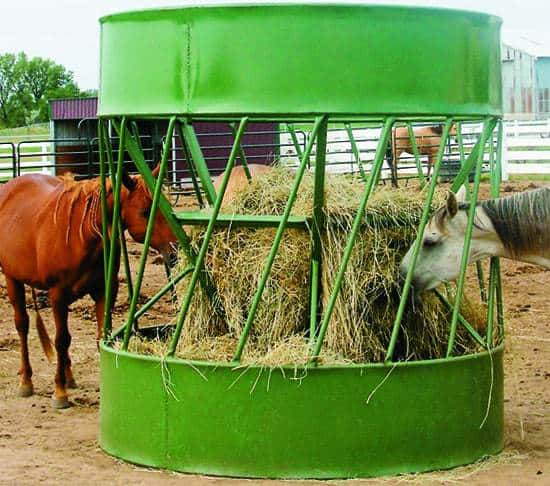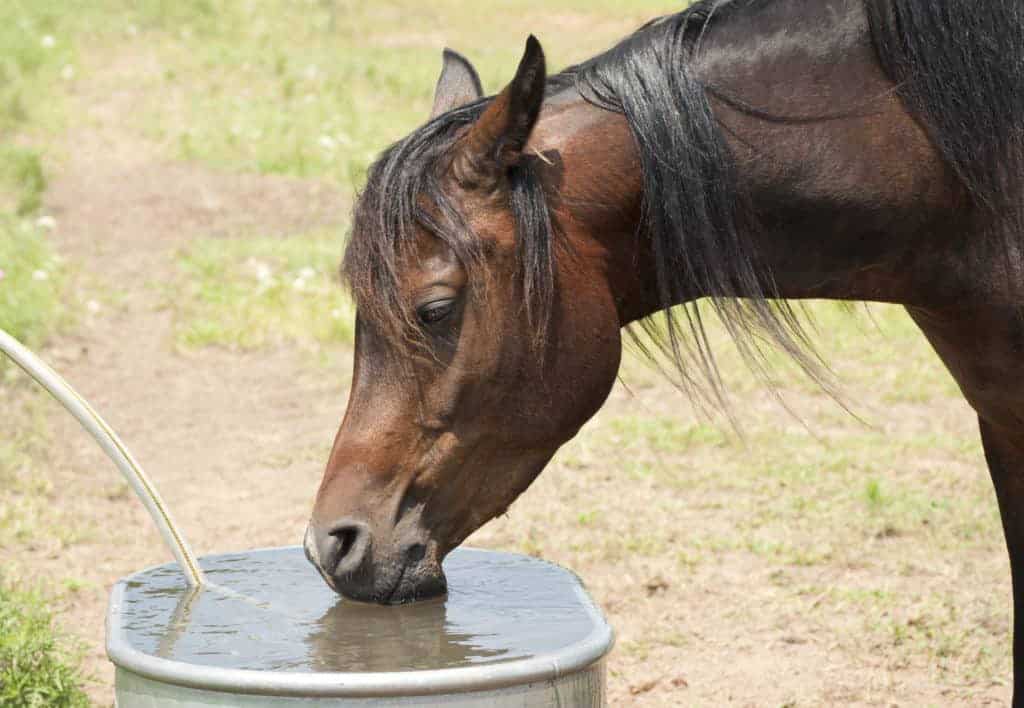
Turnout Time’s Impact on Grass Consumption and Fecal pH
Researchers showed that reduced time on pasture increases consumption rate and decreases fecal pH in horses.

Researchers showed that reduced time on pasture increases consumption rate and decreases fecal pH in horses.

Feeding methods that slow horses’ consumption rate reduces their insulin and glucose responses after the meal.

Of the 692 voters, 317 (46%) indicated the main cooling method they employ is providing ample shade.
Sessions on hay production and equine parasite control recommendations will be offered.

Lactating mares on good quality pasture didn’t need grain to maintain their weight or their foals’ growth.

One researcher reviews vitamin E supplementation in horses with neurologic disorders.

Here are some points to consider before turning out horses in lush green pastures.

Feed choices are good places to start when trimming expenses without sacrificing the horses’ care quality.

A research team concluded that providing food without water can increase dehydration in horses.

Special attention to a horse’s management and health program is a necessity during show season.
Officials determined that zilpaterol found in tests from 12 racehorses originated from contaminated feed.

Here are 10 tips–from keeping horses hydrated to limiting exercise–on preventing heat-related problems.

Horse owners can take simple steps to help keep their animals’ GI systems functioning optimally.

Learn how to quench your horse’s thirst to avoid potentially dangerous scenarios, such as severe dehydration.

Current feeding recommendations might be overestimating fecal inevitable phosphorus losses in growing horses.
Discussion topics will include techniques for evaluating hay, forage alternative options, and more.
Stay on top of the most recent Horse Health news with
"*" indicates required fields